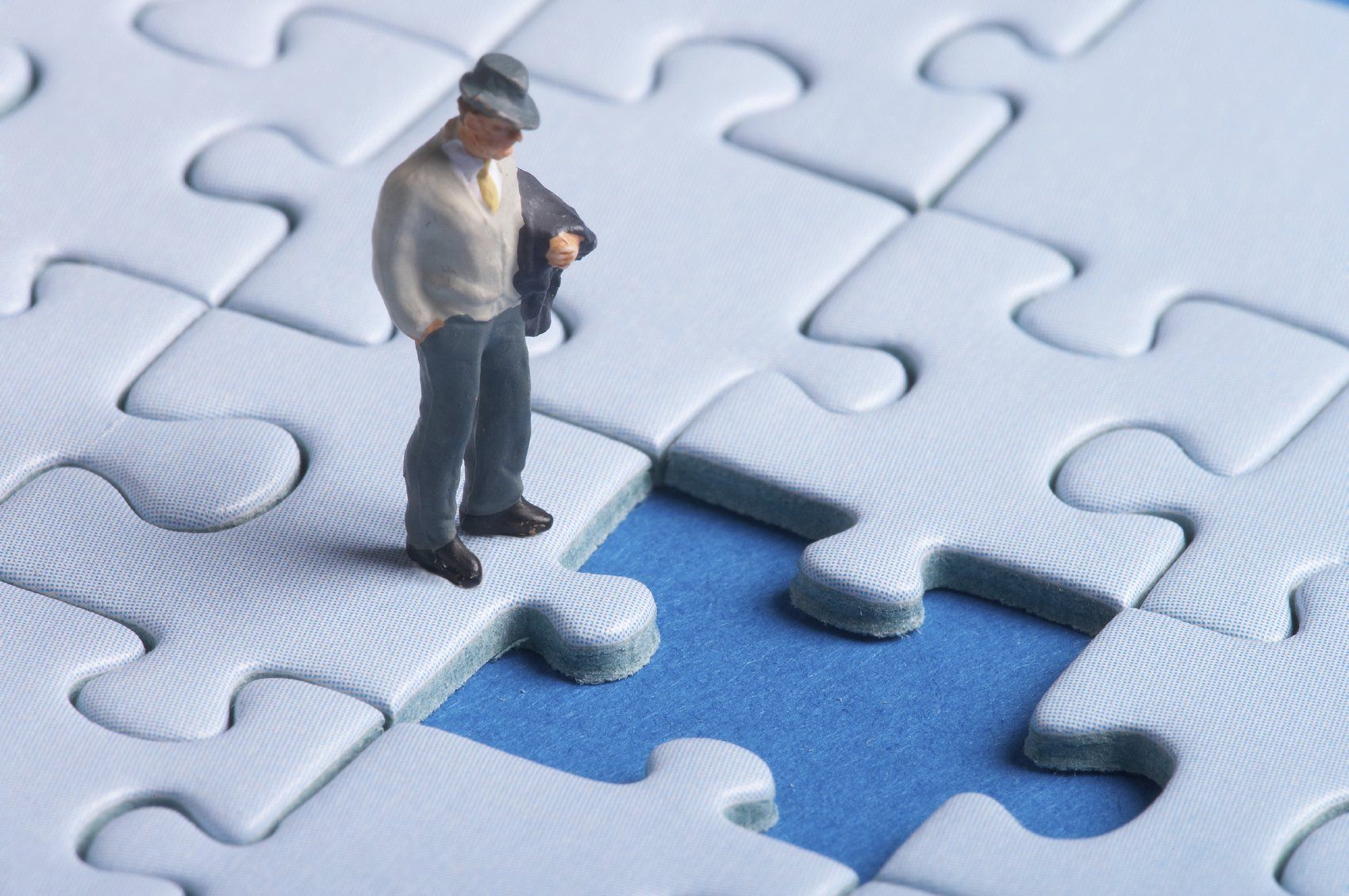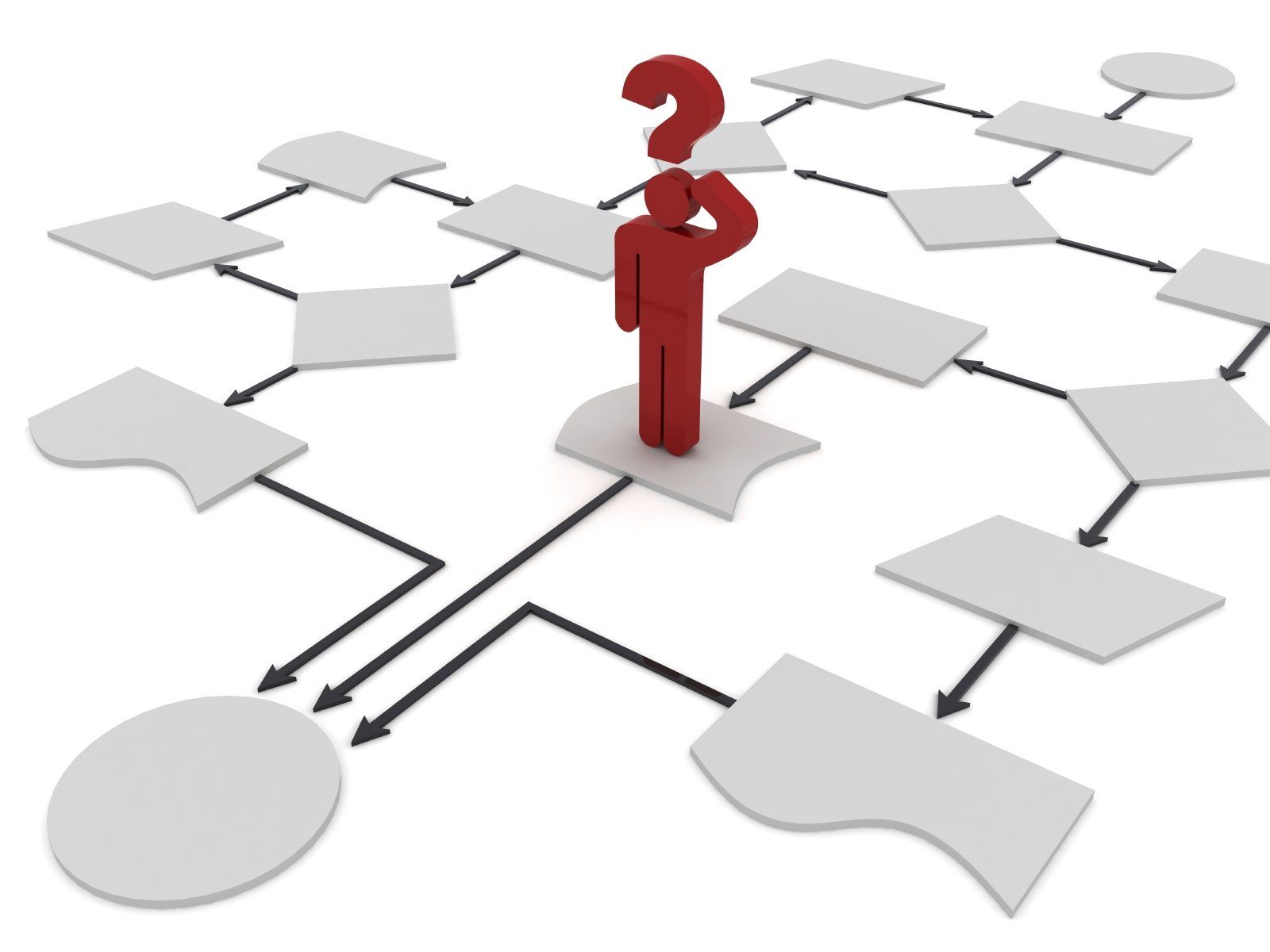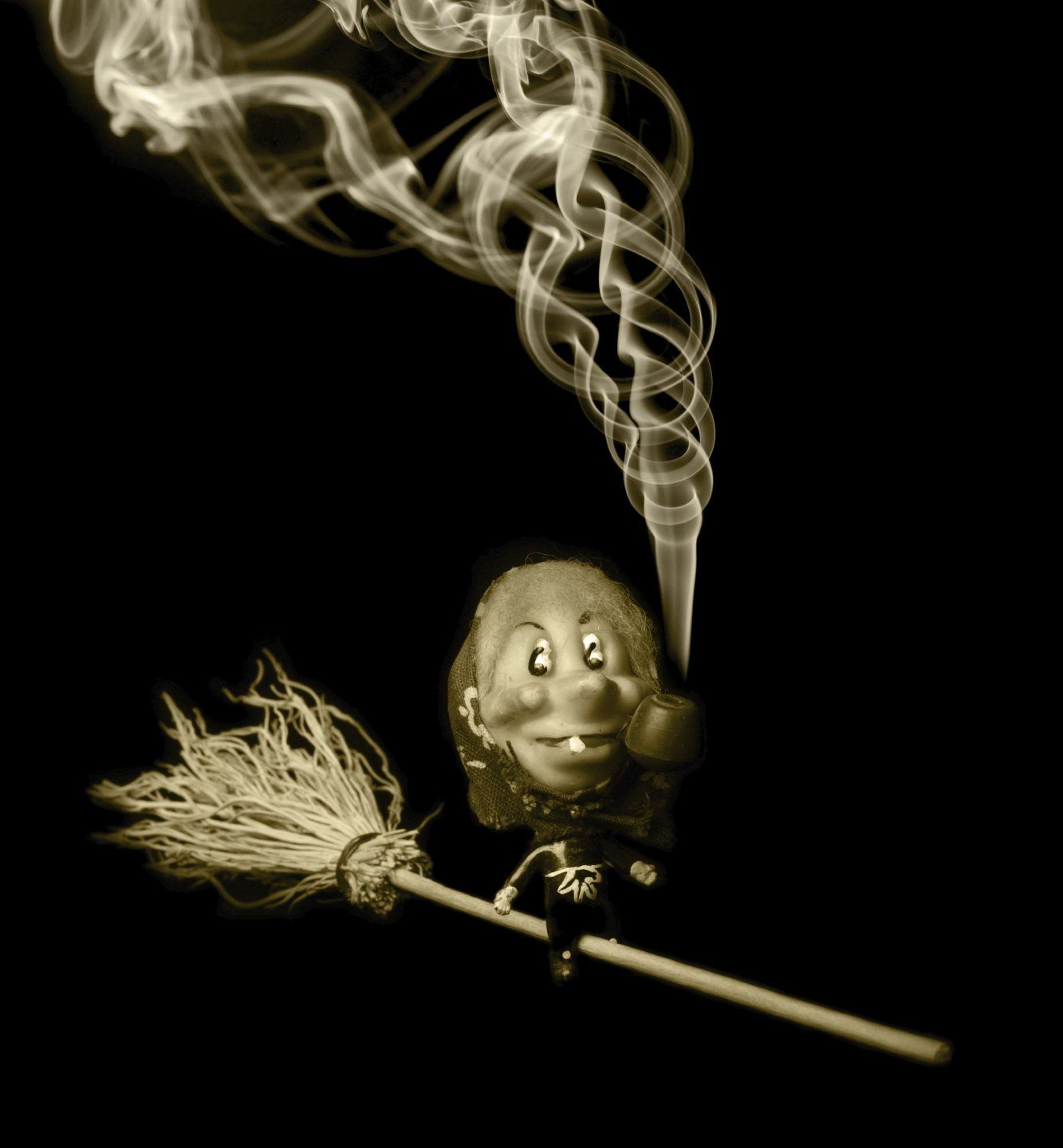'Diagnosing' your narcissist. The facts.
Supriya McKenna

Diagnosing Narcissism
Is my partner a narcissist? Why are they behaving so hatefully/coldly/cruelly towards me? How, after all these years together, are they able to treat me so terribly? Did they ever love me? How could they have changed persona so much? Are they mentally ill? Do they have a brain tumour? What has happened to the person I once knew? Have they disappeared? Was it all an act? How could they have kept it up for so long? Where did all the rage come from? Can they be diagnosed?
These are just some of the questions that I regularly get asked by my clients.
If you are in the initial phases of a breakdown of a relationship and suspect that your spouse or partner might be narcissistic, you may need help to identify certain typical patterns of behaviour that may have been present in your relationship.
I suspect my partner is narcissistic - how do I get them diagnosed?
The short answer is with some difficulty and, most likely, not at all.
Narcissistic individuals don’t typically request a diagnosis by specialists themselves, as their personality adaptation often works to their advantage in life, although the diagnosis does more often get made in forensic populations. You can’t ‘force’ someone you suspect to be narcissistic to get a diagnosis and, if you even tell them of your suspicions, you are likely to be labelled as the narcissist by them, as a result of projection and gas-lighting, which are hallmarks of the condition.
"It is not for you to try to get your narcissistic partner diagnosed - that is simply a matter for them."
Complicating matters further, here in the UK, we use use a tome called the ICD-10 to categorise all medical diagnoses, and narcissism only gets a brief word mention here, with no detail at all, although other personality disorders are described in detail. The new edition, ICD -11, is on its way, but this classifies all
personality disorders into a single diagnosis called "Personality Disorder" which is further described as 'mild, moderate or severe". So it seems that NPD is further lost in translation here, although it does fit the criteria as a personality disorder despite the fact that it isn't specifically defined as a separate entity.
However, over in the USA, the DSM-5
(the American Psychiatric Association’s Diagnostic and Statistical Manual of Mental Disorders, Fifth Edition) is the authoritative guide to the diagnosis of mental disorders. In this manual, Narcissistic Personality Disorder is described in some detail as one of ten distinct diagnosable personality disorders. Specialists in the UK can use the DSM-5 to make diagnoses but most often don't.
All of this makes finding a medical professional or psychologist who is trained in diagnosing NPD harder over here in the UK.
Even if you were able to find a suitably trained specialist, who the narcissistic individual did agree to see for diagnosis, they are likely to see this as a challenge. A narcissist's charm, plausibility, and ability to play the victim can have even a specialist fooled. The years of specific behaviour that you will have been experiencing that are actually likely to be far more telling, but of course, you may not even be involved in the process.
Add to this the fact that the only treatment option for Narcissistic Personality Disorder is several years of expensive super-specialised psychotherapy, which the vast majority of narcissistic individuals would not be committed enough to try or complete, and you can see why getting a formal diagnosis is likely to be a non-starter and, frankly, pointless. Even in the context of your divorce, bringing up in court the fact that your partner is narcissistic is a tactic that can only backfire on you, and is best avoided, as judges, also untrained in NPD, are easily fooled by the beguiling charisma and calmness of a narcissist in the witness stand.
It is not for you to try to get your narcissistic partner diagnosed - that is simply a matter for them.
"There comes a time when you may have to make the decision to put your own mental health ahead of your narcissistic partner's, and leave their toxic behaviours behind, regardless of whether they have a formal diagnosis."
Becoming informed yourself
This is why, ludicrous though it might seem, it falls on to you, as the recipient of difficult, toxic unexplained behaviours, to make a judgement call as to whether your spouse or partner is exhibiting behaviour patterns which may be consistent with narcissistic personality disorder.
The occasional psychiatrist or psychologist will take great umbrage at this, and will often say that it is impossible for a lay person to make a diagnosis, and therefore wrong for them to even try. But let’s be honest here. At this time in the UK there is no feasible facility for getting your partner formally diagnosed. And you need to have a reasonable idea of what you might be dealing with. No one is saying you can make a diagnosis. But to reiterate, you CAN identify whether or not certain behaviour patterns have been present in your relationship, in order to protect yourself from further behaviours of this nature.
"No one is saying you
can 'make a diagnosis'. But you CAN identify whether or not certain behaviour patterns have been present in your relationship, in order to protect yourself from further behaviours of this nature."
Divorce behaviours of narcissistic people are predictable - very predictable - as a result of their underlying personality disorder. And having a clear idea of whether your spouse might be exhibiting the telltale signs at the beginning of the break-up period of NPD will be invaluable to you in your divorce. It will inform everything that you do, from finding the right lawyer to how you communicate, to how to best stay out of court. Having the right knowledge to build the right team around you to take you through your divorce can preserve your sanity and your back balance, putting you in a much better place from which to restart your life post-divorce.
Here’s some feedback I received from a client yesterday.
“Thank you so much Supriya. Talking with you has helped find a missing piece in this jigsaw which has really helped to put the picture together for me. I could not make sense of it before. I think talking it through with you to understand how I got here, what signs there were along the way (that I clearly had missed) will help move me towards acceptance. Now I can see the situation as one impacted by underlying and deeply ingrained behaviours neither of us were previously truly aware of. Your guidance will help me to better understand how I need to approach this new phase, now the mask has dropped and the relationship we had has gone. I’m more realistic about next steps through the divorce and feel on firmer ground with the knowledge you’ve shared.”
If you feel that I might be ale to help you gain clarity on what you might have been experiencing, please do contact me
for an initial free chat. Further sessions can be regular or on an ad hoc basis, depending on what works best for you, and all sessions are carried out remotely.

Do I actually need a lawyer? You may be wondering whether you need a lawyer if you are divorcing, as it is possible in some countries, including in the UK, to apply for a divorce online. However, here in the UK at least, there are three bits to the process – the paper exercise of the divorce, which you don’t need a lawyer for, and the other two parts – the finances and the children. Settling the finances with a narcissist is unlikely to happen without legal input, sadly, as narcissists have a huge sense of entitlement, a need to ‘win’, a lack of empathy regarding your circumstances, a need for narcissistic supply through causing drama and conflict, a belief that you (once you have split up) are ‘all bad’ and deserving of punishment, and a need to draw out the process for as long as possible, by continually shifting goalposts. Add to that the fact that they are practised liars, and will not tell the truth about their finances, and you can see why successfully sorting things out on your own with them is highly unlikely (and probably impossible). If they decide to cause conflict with the children, as they often do, lawyers may well also be needed here. Note that it is possible to represent yourself in court, without a lawyer, but that this tends to work best later on, when you have gained experience in how the system works, and are feeling emotionally stronger. I discuss the benefits of being a ‘Litigant in Person’ in Chapter 28 of my book Narcissists in Divorce: From Leaving to Liberty - The Truth, The Whole Truth and Nothing But The Truth. In the UK there are two types of divorce lawyer – the ‘solicitor’ who does the day-to-day work and liaises directly with you, and the ‘barrister’ (who speaks on your behalf in court, and gives more complicated legal advice). If your barrister has been instructed by your solicitor you can only contact them via your solicitor. However, some barristers (‘direct access barristers’) can be instructed directly by clients, without a solicitor being involved. I need to be brutally frank here, and tell you that far too many lawyers will not disclose the reality of the dysfunctional court system to clients, and they have a vested commercial interest in protracted cases, which narcissistic divorces often become. The wrong lawyer can easily rack up your legal bills but leave you with little to show for it. This is particularly true in the UK for solicitors. So, if you happen to be a UK father, whose narcissistic wife is preventing you from seeing your children, you might want to contact Fathers 4 Justice (www.fathers-4-justice.org) before deciding on whether to instruct a solicitor. Unfortunately, no such cost-effective organization exists exclusively for mothers battling abusive fathers in the UK. However, the UK charity Familes Need Fathers (fnf.org.uk) does provide resources to parents of any gender, for a membership fee. But regardless of where in the world you live, most of you will need to know how to go about finding the right lawyer. The fact of the matter is this: most lawyers do not understand Narcissistic Personality Disorder to the extent they need to, to be able to help you effectively. And many will simply pooh-pooh the idea that your partner is a narcissist, because this is a term that commonly gets bandied around incorrectly, especially in break-ups. I recently gave a talk to 250 lawyers about NPD, during which I asked how many of them had been told by a client that their ex was a narcissist, within the last 2 months. Every single hand went up. I then asked how many of them, having spent a bit of time on these cases, now thought that they were dealing with a ‘real’ narcissist. Only five hands remained in the air, and as I gave my talk, I could see these lawyers nodding their heads vigorously, as I described true narcissistic divorce behaviors. So you can see the problem – the ‘buzzword’ use of the narcissism word, in the general population, means that lawyers are unlikely to take your concerns seriously, until significant emotional, legal and financial damage has already been done. This means that, unless you have a strong recommendation of someone who specifically understands NPD, you are going to have to interview quite a few lawyers (they will often offer free initial consultations) until you find the best one for you. It may be that you have to settle for a lawyer who understands domestic abuse and coercive control instead, but only if they are willing to learn about NPD, and will take all of your concerns seriously. It may also serve you to choose a lawyer who is not in your local area, especially as, since Covid, most consultations can be carried out remotely. You may have a distinct advantage if you do this, as an out-of-area lawyer will not have a reputation of ‘being reasonable’ to maintain with your local judges, and is more likely to actually fight for you, rather than trying to tiptoe around or placate the judge. Lawyers care deeply how their local judges view them – and this can be to your detriment. How to interview a potential lawyer When interviewing potential lawyers, you will need to: Explain the narcissist’s behaviors Explain how you have been affected Ask the lawyer specific questions Explaining your partner’s behaviors Describe the behaviors that you (and any children) have been subjected to during your relationship, with specific examples of each behavior. It’s definitely worth writing these down, to keep you focused. Include examples of: Physical abuse (often not present at all in NPD, however). Rape or sexual boundary violations. Repeatedly putting you down, criticizing you, or calling you names. Isolating you from friends and family. Manipulative behaviors. Exploitative behaviors where they have used you for their gain. Passive aggression (such as silent treatments or stonewalling you). Projection (accusing you of things that they themselves are doing or being, for example accusations of affairs or flirting). Favoring a ‘golden child’ over a ‘scapegoat’, and having an ‘invisible child’. Going through repeated cycles of being nice to you, but then being nasty (the ‘cycle of idealization and devaluation’). Lovebombing at the start of the relationship. Low empathy towards you and the children. Entitled behavior. Controlling behaviors such as: Controlling your finances, or preventing you from having a job. Restricting your access to transport. Threats, including of blackmail (e.g. revenge porn). Threats if you leave them (including threats of suicide). Monitoring how you spend your time. Monitoring your communication with others. Exerting control over your everyday life, such as dictating where you go, who you see, what you wear and preventing you from sleeping. Stopping you from accessing support services, such as medical services or specialist support (including for the children). Forcing you to take part in criminal activity such as taking the blame for their offenses (e.g. speeding tickets). Destroying or damaging household goods, or cruelty to pets Gaslighting such as by: Telling you that you are ‘crazy’. Telling you lies that make you question your reality. Rewriting history so that you question your memory. Invalidating your feelings (e.g. telling you that your feelings are ‘wrong’). Explaining how you have been affected Include examples such as: Walking on eggshells. Continually trying to please them with ‘fawning’ behaviors. Anxiety, depression, panic attacks, complex PTSD. Any physical illnesses. Loss of confidence/self-esteem/support systems. Asking the lawyer specific questions You will want to know: What they understand by the term Narcissistic Personally Disorder. If they tell you that they ‘don’t believe in labelling people’, that ‘everyone thinks their ex is a narcissist’, that narcissists are ‘just another word for high-conflict’ or that it ‘makes no difference whether your partner is a narcissist’ to the legal process and your divorce, get out of there, immediately. If they blithely tell you that they are completely au fait with dealing with narcissists, make sure they tell you the specifics of how narcissists behave in divorce. (A client of mine was once duped by his lawyer into believing that he understood NPD because he had written a blog post on his firm’s website about it. £85,000 later, and no further on in the case, it became patently clear that his lawyer’s blog post had simply been a way to jump on the NPD bandwagon, to attract clients, and in fact, he didn’t really have a clue.) How much experience they have of narcissistic divorces, and what they think the chances are of settling things out of court (through negotiation through lawyers or mediation, for example). If they pride themselves on never or rarely having cases that end up in court, they probably do not have the experience that you need, as the fact is that most divorces like this end up in court. Whether they think narcissists ‘calm down’ over time, and become more reasonable as the divorce progresses. The correct answer is that they do not. If they get this wrong, they have failed the interview. Whether narcissists have the best interests of their children at heart. If they tell you that ‘all parents love their children, whether narcissists or not’ they will not be right for you, and they will enable a lot of damage to be done before they work out the truth. Whether they will help you write any witness statements for court, and put together your financial disclosure, or whether they will just leave this to you. Whether they will go through your partner’s financial disclosure (such as their bank statements) in detail with you, looking for discrepancies and missing information, or whether they expect you to do this without them (most simply do the latter). Whether they are willing to learn about NPD (on their own time) and take on board what you tell them about it, so that your case runs more smoothly. Key takeaways It may take a while to find a lawyer who fits the bill. But whatever you do, don’t choose a ‘nice’ lawyer (with little experience of domestic abuse, coercive control or NPD) over a less personable one who does have the required experience. So often, my clients admit to me that they gave their kindly lawyer repeated chances, because they ‘liked them’, and because they thought that they could learn about NPD during their case, and so help others later on. I’m going to be stern here: you do not just need ‘nice’, ‘understanding’ and ‘sympathetic’ – you need effective too. And as to educating your lawyer so that they can help others (if this is part of your thought process) – again, this may go against the grain, but now is the time for prioritizing your needs and those of your family. I also have to caution you that a senior lawyer who seems very experienced may actually be too stuck in their ways to be effective in your case, although that’s not always true. Conversely, a very junior lawyer might find themselves overwhelmed by everything that comes their way during your case, but be unable to be honest about this with you, and carry on regardless. I’ll warn you now – you may well have to change lawyers at some point in the process, and I explain this further in Chapter 31 of Narcissists in Divorce: From Leaving to Liberty - The Truth, The Whole Truth and Nothing But The Truth , from which this blog post was adapted.

The word "narcissist" is ubiquitous, but are we using it correctly or is it just a buzzword? Expert Dr Supriya McKenna explains what real narcissism is Do you know a narcissist? If you think of your everyday acquaintances, who springs to mind as being a possible narcissist? Your housemate, who is too selfish and lazy to do her own washing up? Your sister, who has never left the house without full make up on? Your work colleague, who is obsessed with designer clothes? Your partner, who cheated on you? Your best friend, who insists on driving a sports car he can’t afford? That date, who ghosted you? But are these people actually narcissists? Well, maybe—but having these traits in isolation doesn’t tell us much. How to recognise a narcissist True "narcissism" is actually Narcissistic Personality Disorder (NPD), a real, diagnosable personality disorder, and there is a precise range of very specific behaviours that result from having it. These behaviours go well beyond being just mean, vain or selfish—undesirable and irritating though these are. "You (or someone you know) will definitely know a real narcissist—but it might not be who you think it is" As a society, we have collectively misappropriated the narcissist word—and in using it incorrectly we are downplaying the seriousness of what real narcissism (NPD) is. And worse, because of this, we are missing the true narcissists in our midst. Narcissistic Personality Disorder is estimated to affect up to one in twenty people, although exact figures vary. Each narcissist affects several people to some degree—their partners, children, extended family, friends, work colleagues and even their casual acquaintances. What is Narcissistic Personality Disorder? NPD is fundamentally a condition of low empathy, where the person has a very limited ability to step into another person’s shoes and feel their pain or joy (or any other emotion).This means that narcissists relate to people on a very different level to an empathic person. Essentially, they cannot deeply care about you, other than in the context of what you can do for them. Confusingly, narcissists are usually able to feign empathy. If we add this low empathy to another hallmark feature of narcissism, a sense of entitlement, you can see how narcissists are able to exploit people for their own gain.The narcissist you know may be exploiting different people for different things. They might be taking credit for other people’s work, using their partner as a domestic slave or provider of sex, and using their children as a way to gain admiration from others. "Narcissists are good at feigning empathy, but they cannot truly feel it" Narcissists see people merely as objects, and their exploitation of others often tips into psychological (and sometimes also physical) abuse. Are narcissists born or made? NPD is partly genetic, but it mostly results from how, as children, the person adapted to a difficult upbringing. As a child, the narcissist developed coping strategies which became "wired in". It’s this wiring that leads to the specific patterns of behaviour that adult narcissists exhibit. The vast majority of people with NPD cannot be cured, although a few specialised psychotherapists report some success. At the core of every single narcissist is a feeling of low self-esteem and shame. But these are feelings which a narcissist cannot bear, so they construct a false persona that they hold up to the outside world to hide behind. "At the core of every single narcissist is a feeling of low self-esteem and shame" This false persona is a shield. It protects the narcissist from feeling their true feelings—and it is very convincing to the onlooker indeed. But a narcissist’s protective false persona can only survive in the presence of external validation. "Narcissists need attention from others, at all times, preferably through admiration and adoration." In the absence of this, they secure attention by causing drama and conflict—and even by instilling fear into others. When a narcissist is getting enough attention their false persona is strong, and they can believe that they are special and unique. The most important thing to know about narcissists is that it is their desperate need to feel special that drives all of their behaviours, and that their need for attention (which is known as "narcissistic supply") is constant—their armour will crumble without it. Types of Narcissistic Personality Disorder There are four major types of false persona to look out for, which can overlap: The Exhibitionist Narcissist appears to be devastatingly charismatic, and may be clever, funny, or very sexy. They relish attention. The Devaluing Narcissist is openly toxic. They put people down in order to feel better about themselves through ridiculing, shaming, badmouthing and name-calling. The Communal Narcissist presents themselves as a do-gooder—needing to be seen by others as the most generous, most kind or the most caring. And the Closet Narcissist, the hardest type to spot, shies away from the limelight, but often associates with people who are special to feel special by association. They get their attention in much more sneaky ways than the other types of narcissist—often through playing the victim, and they appear quiet, shy and effacing. "But, regardless of outward type, all narcissists exploit others, and no matter how much love they receive, they cannot be "loved better". " Signs of narcissistic behaviour Telltale behaviours of narcissism "Love bombing" at start of relationships Repeating cycles of niceness and nastiness An inability to be alone Lack of deep, long term friendships Inability to take the blame or responsibility, blaming others instead An inability to apologise and mean it Violating boundaries Lying and gaslighting Episodes of rage Jealousy Accusing others of what they themselves are doing Moral hypocrisy Playing the victim Lack of empathy Entitlement Exploiting others Aggression (including passive aggression) Devaluing and badmouthing others (putting them down, ridiculing them) Manipulating and playing people off against each other Selfishness Conditional, shallow love A need to control others "Lying, gaslighting and manipulation are all hallmark traits of Narcissistic Personality Disorder " A true narcissist will exhibit nearly all of these behaviours and, the closer you are to them, the more of them you will see. But because they intersperse them with nice times, playing what I call "Nice Narcissist, Nasty Narcissist’" you are likely to find yourself sucked back into the relationship repeatedly. This is what real narcissism looks like, and it’s unhealthy, toxic and hard to escape from. But it’s not so hard to recognise—once you know what to look out for. This article originally appeared in Reader's Digest - you can read it here .














